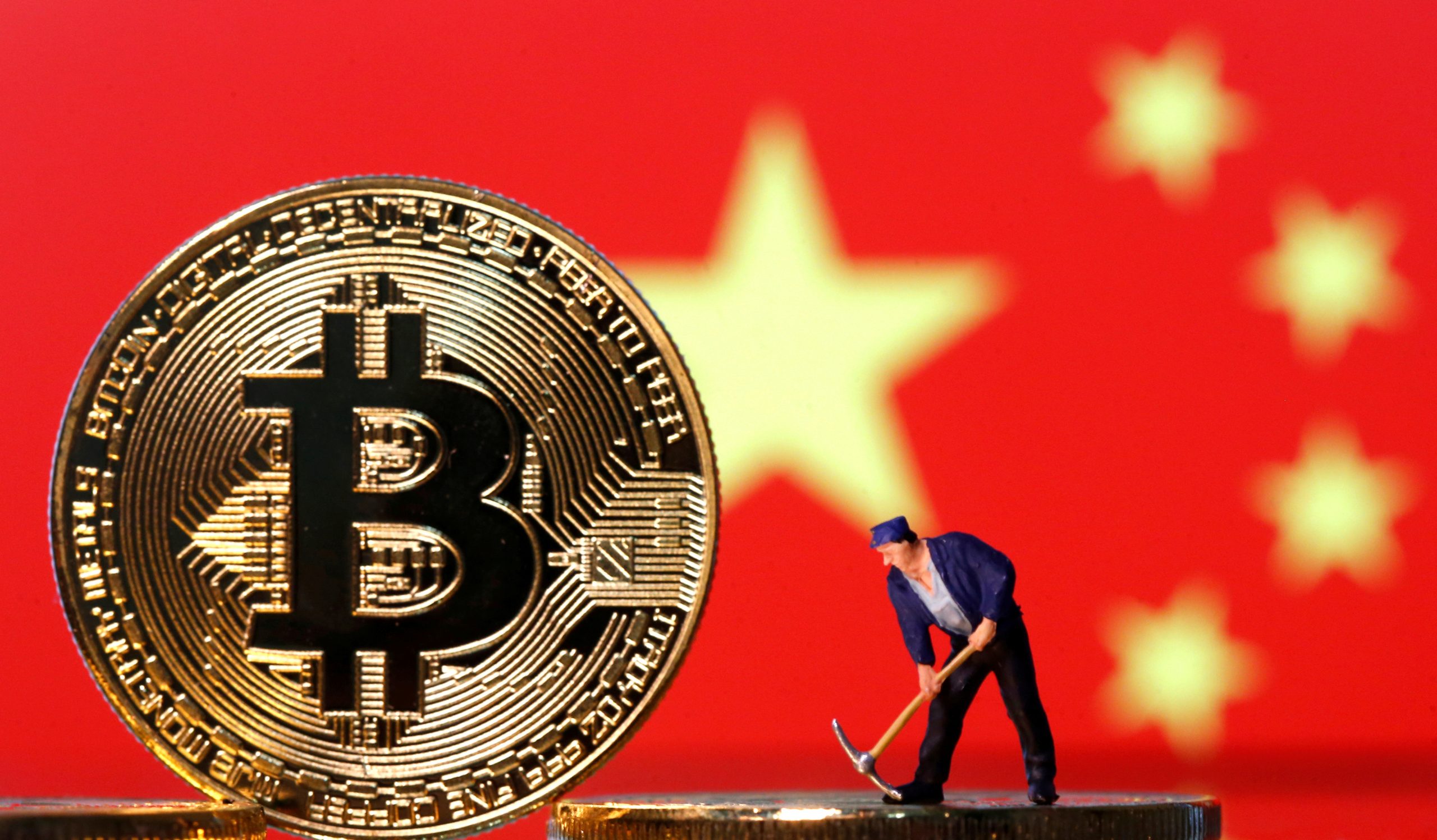Following the introduction of China’s new crypto-currency restriction on Tuesday, the price of Bitcoin fell below $40,000 (£28,210) for the first time in three months.
Financial institutions and payment firms were barred from offering services related to cryptocurrency transactions by Beijing. It also cautioned investors against engaging in risky cryptocurrency trading.
It follows a 10% drop in Bitcoin last week after carmaker Tesla said it would no longer accept the currency.
The crypto-currency was down 13% on Monday, while other digital coins like Etheruem and Dogecoin were down up to 18%.
To combat money laundering, China has made cryptocurrency trading illegal since 2019. However, people can still trade in digital currencies like Bitcoin, which has alarmed Beijing.
Three government-backed organizations, including China’s National Internet Finance Association, China Banking Association, and China Payment and Clearing Association, released a social media alert on Tuesday.
They said that if customers suffered losses as a result of crypto-currency investment transactions, they would be unprotected.
Recent wild swings in crypto-currency rates, they added, “seriously breach people’s asset protection” and threaten the “natural economic and financial order.”
“China has been placing pressure on the crypto space for some time, but this marks an intensification – other countries may follow as central banks make strides toward their own digital currencies,” Markets.com’s Neil Wilson said.
“Until now western regulators have been pretty relaxed about Bitcoin, but this might change soon.”
Tesla, CEO, Elon Musk abruptly revealed in March that customers would be able to purchase cars using Bitcoin.
Tesla, his electric car venture, made a profit of more than $900 million (£646 million) after purchasing $1.5 billion in bitcoin in early February.
However, owing to environmental issues, Mr Musk made a U-turn last week and halted Bitcoin vehicle purchases.
“We are concerned about rapidly increasing use of fossil fuels for Bitcoin mining and transactions, especially coal, which has the worst emissions of any fuel,” Mr Musk wrote.
“Cryptocurrency is a good idea… but this cannot come at great cost to the environment.”
He claimed that the electric carmaker had no plans to sell any of its Bitcoin and that crypto-currency transactions would resume once mining switched to more environmentally friendly energy sources.
Despite the fact that the digital currency cannot be exchanged in China, the country accounts for more than 75% of global Bitcoin mining.

